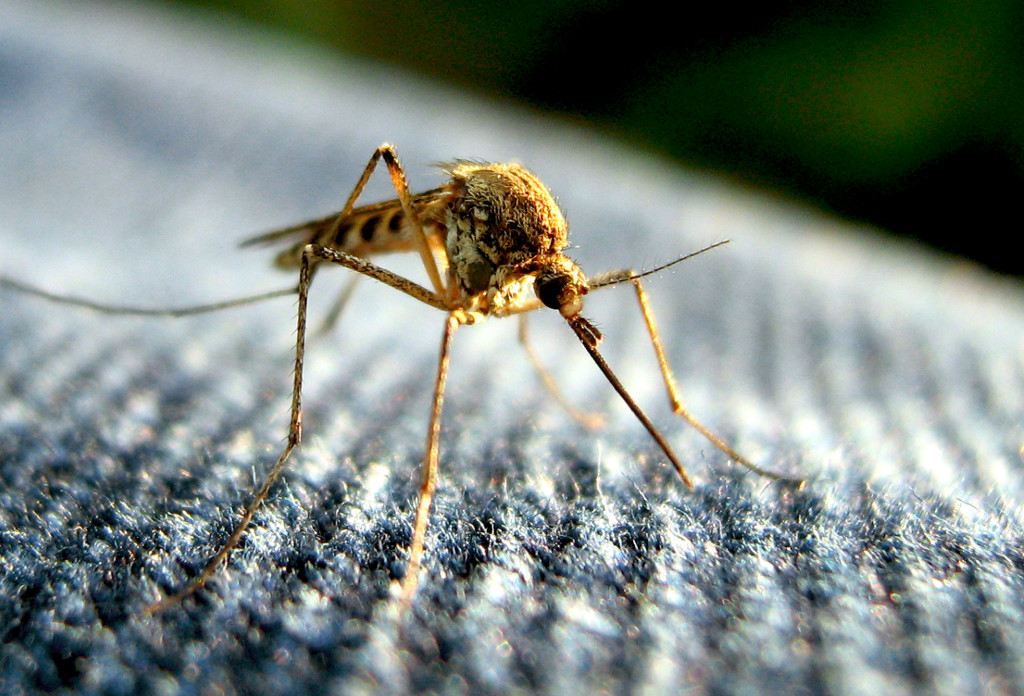Health officials in Texas warned this week that over 20 confirmed cases of the Zika Virus have cropped up in Texas, alongside 157 nationwide, leading local governments largely holding the ball when it comes to the front-line defense against this exotic new threat.
Travis, Hayes, and Williamson counties are stepping up to the plate with “outreach campaigns to educate schools, hospitals and neighborhoods,” according to Austin NBC affiliate station KXAN-TV. “They are setting more traps, and moving up test schedules. They’re conducting constant conference call updates and working with local health clinics. But the truth is, the heavy lifting is mostly up to all of us.”
That heavy lifting will involve eliminating standing water wherever possible, and ensuring personal protection from bug bites while participating in outdoor activities. And by “us,” they do mean everyone.
Zika Virus is spread by the Aedas mosquito, which used to only live in tropical regions but as earth’s climate has warmed and human trade grew more complex, they have been able to migrate into new habitats on almost every continent save but for the poles. They are also known carriers of Dengue Fever and other deadly diseases. While Zika Virus is still relatively new to the U.S., it has become a severe public health emergency in South America where thousands of children are being born with deformed heads due to a condition thought to be caused by the virus.
Alarmingly, the virus can also be spread through sexual contact with a man who has been bitten by one of the infected mosquito, so the U.S. Centers for Disease Control recommends all U.S. travelers to South American countries protect themselves from mosquito bites and use contraceptives if engaging in sexual conduct.
The World Health Organization also adds: “People with Zika virus disease usually have symptoms that can include mild fever, skin rashes, conjunctivitis, muscle and joint pain, malaise or headache. These symptoms normally last for 2-7 days. There is no specific treatment or vaccine currently available. The best form of prevention is protection against mosquito bites.”








